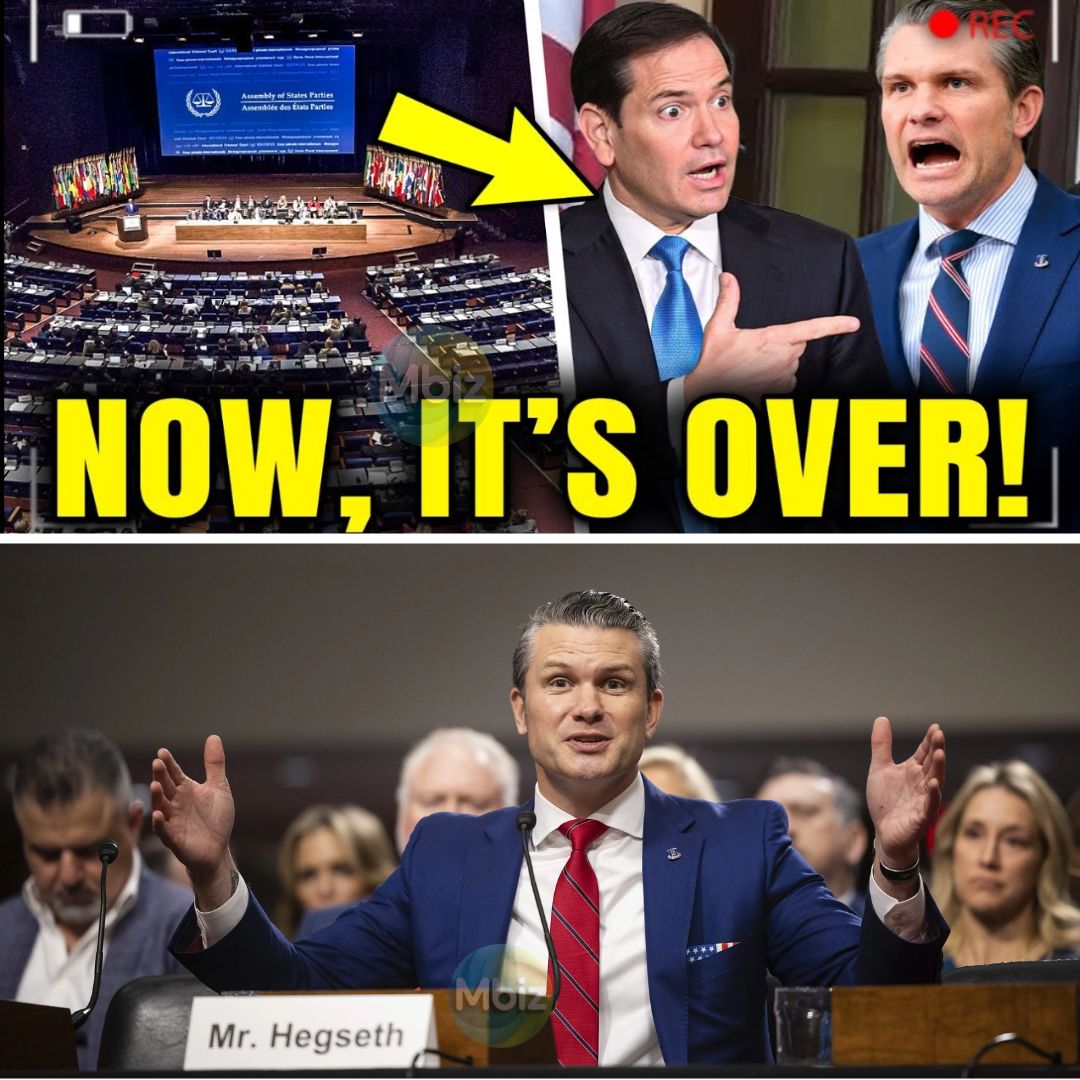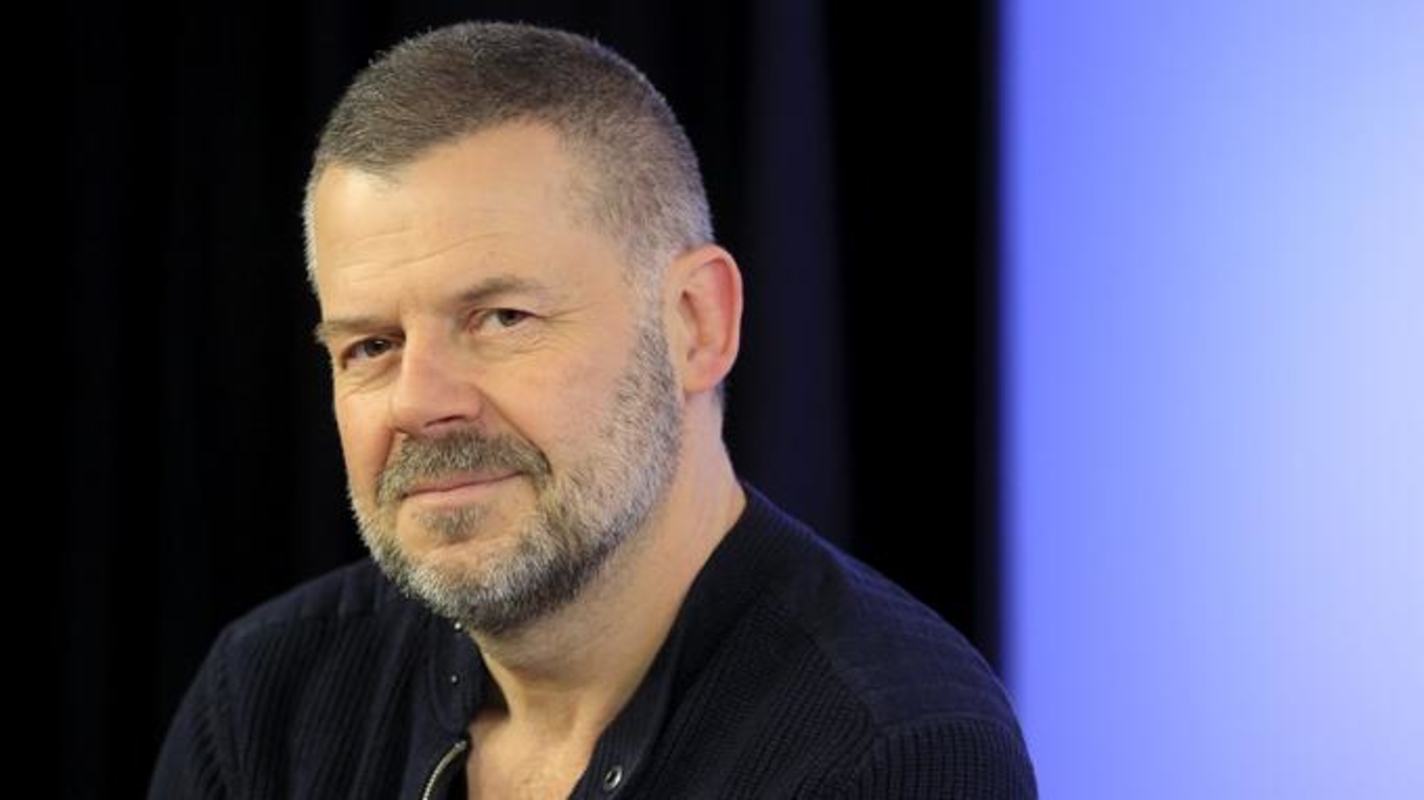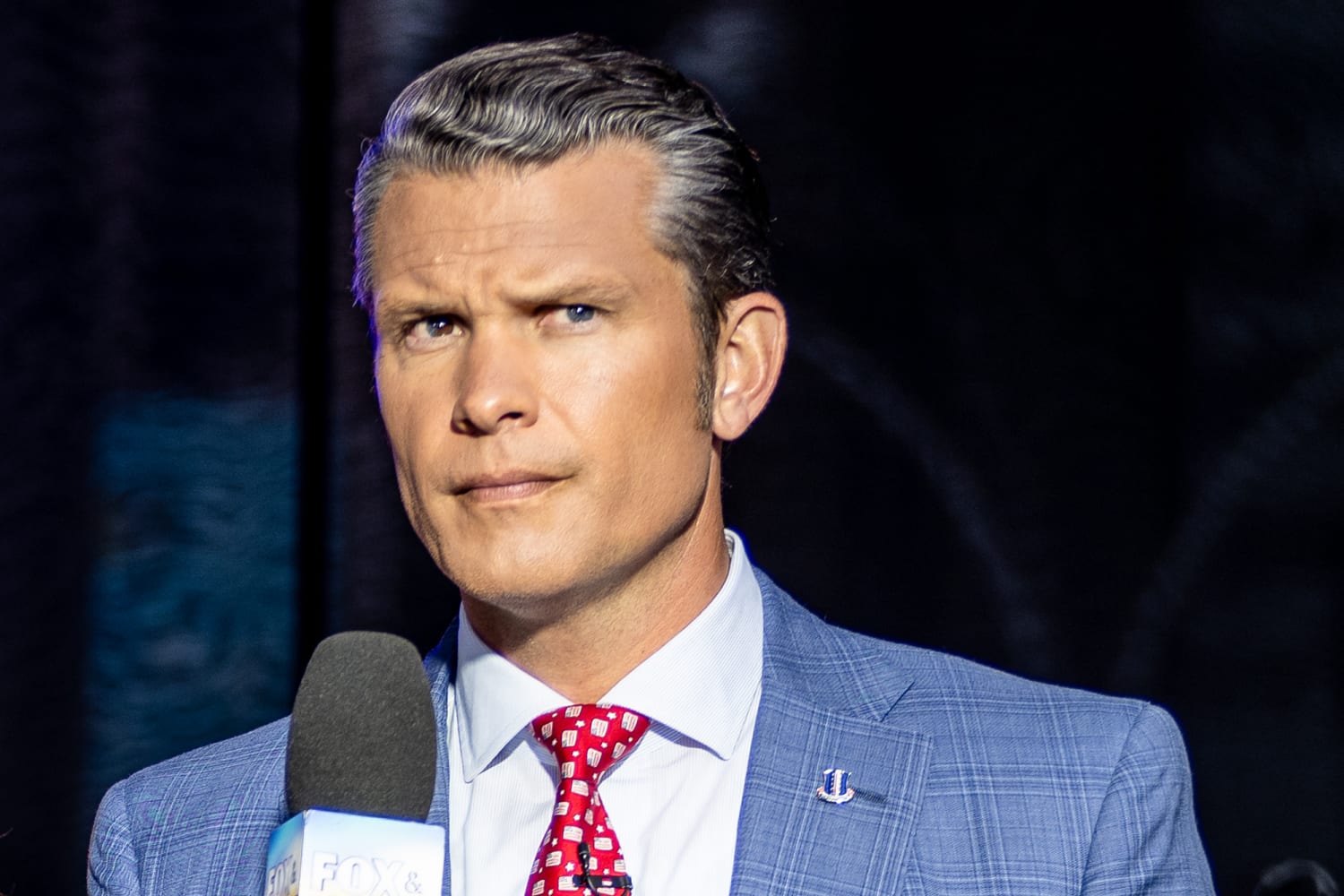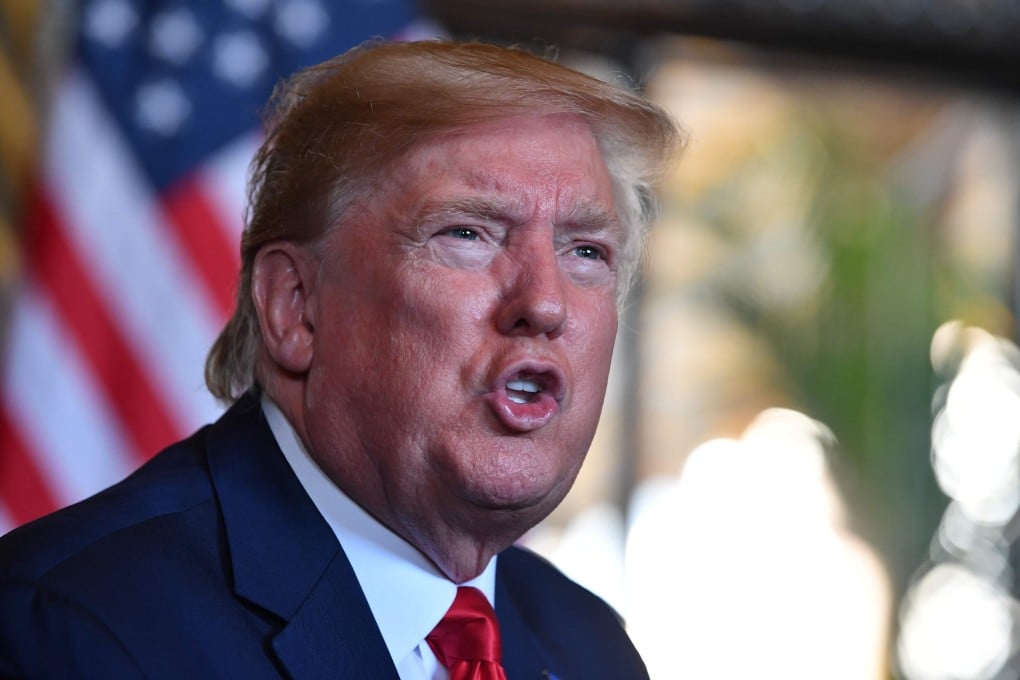BREAKING NEWS: Republicans STUNNED as INTERNATIONAL CRIMINAL COURT Drops BOMB On Rubio & Hegseth
 In an unprecedented escalation of tensions, the International Criminal Court (ICC) has signaled potential legal repercussions for two prominent Republicans, Marco Rubio and Pete Hegseth, amid a growing crisis surrounding U.S. foreign policy and alleged war crimes. The ICC’s warning comes on the heels of Donald Trump’s fierce denunciation of the court, which he labels as illegitimate, following its issuance of arrest warrants for Israeli leaders accused of war crimes in Gaza.
In an unprecedented escalation of tensions, the International Criminal Court (ICC) has signaled potential legal repercussions for two prominent Republicans, Marco Rubio and Pete Hegseth, amid a growing crisis surrounding U.S. foreign policy and alleged war crimes. The ICC’s warning comes on the heels of Donald Trump’s fierce denunciation of the court, which he labels as illegitimate, following its issuance of arrest warrants for Israeli leaders accused of war crimes in Gaza.
The stakes have never been higher. The ICC, established to prosecute the gravest violations of international law, is now poised to challenge the very foundation of American political power. Trump’s administration has long viewed the ICC with hostility, particularly after the court dared to investigate alleged U.S. military abuses. Now, the very officials who sought to undermine the court’s authority may find themselves ensnared in its legal web.
 Trump’s executive order sanctioning the ICC has drawn sharp lines in the sand. Rubio, serving as Secretary of State, has branded the ICC a “national security threat,” while Hegseth has echoed sentiments of defiance. Yet, their rhetoric may have inadvertently tied them to military actions in Venezuela, where the U.S. has conducted airstrikes on vessels purportedly trafficking drugs. Critics are now drawing alarming parallels between these actions and the extrajudicial killings that led to indictments against foreign leaders.
Trump’s executive order sanctioning the ICC has drawn sharp lines in the sand. Rubio, serving as Secretary of State, has branded the ICC a “national security threat,” while Hegseth has echoed sentiments of defiance. Yet, their rhetoric may have inadvertently tied them to military actions in Venezuela, where the U.S. has conducted airstrikes on vessels purportedly trafficking drugs. Critics are now drawing alarming parallels between these actions and the extrajudicial killings that led to indictments against foreign leaders.
Legal experts warn that the ICC could interpret Rubio’s and Hegseth’s justifications for these strikes as complicity in a broader effort to obstruct justice. The ICC’s history of issuing sealed indictments could mean that both men are already in the crosshairs, facing the very real possibility of arrest should they travel to ICC member states. With over 120 countries bound by ICC treaties, the implications for their international engagements are staggering.
This is not just about two individuals; it’s a critical moment that may redefine the limits of American power. The ICC’s potential actions could signal a seismic shift in how global accountability is perceived, challenging the notion that U.S. officials are above the law. As tensions mount, the world watches closely, aware that the next headlines could emerge not from Washington, but from a courtroom in The Hague.
Expect developments to unfold rapidly as the ICC’s observers issue sharp warnings. The possibility of sealed proceedings looms large, and if history is any guide, Rubio and Hegseth could find themselves facing legal consequences they never anticipated. The urgency of this situation cannot be overstated—American leaders may soon be confronted with the reality that their actions have consequences that extend far beyond domestic politics.
Stay tuned as this story develops, for in the realm of international law, even the most powerful may not remain untouchable for long. The ICC’s next move could change everything, and the clock is ticking.






